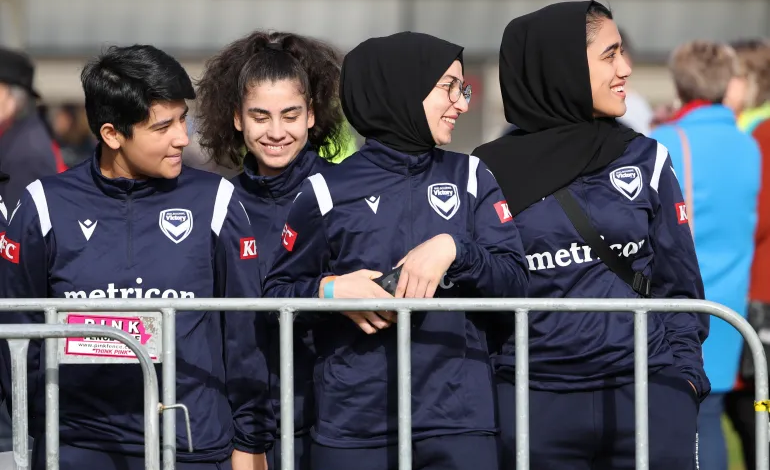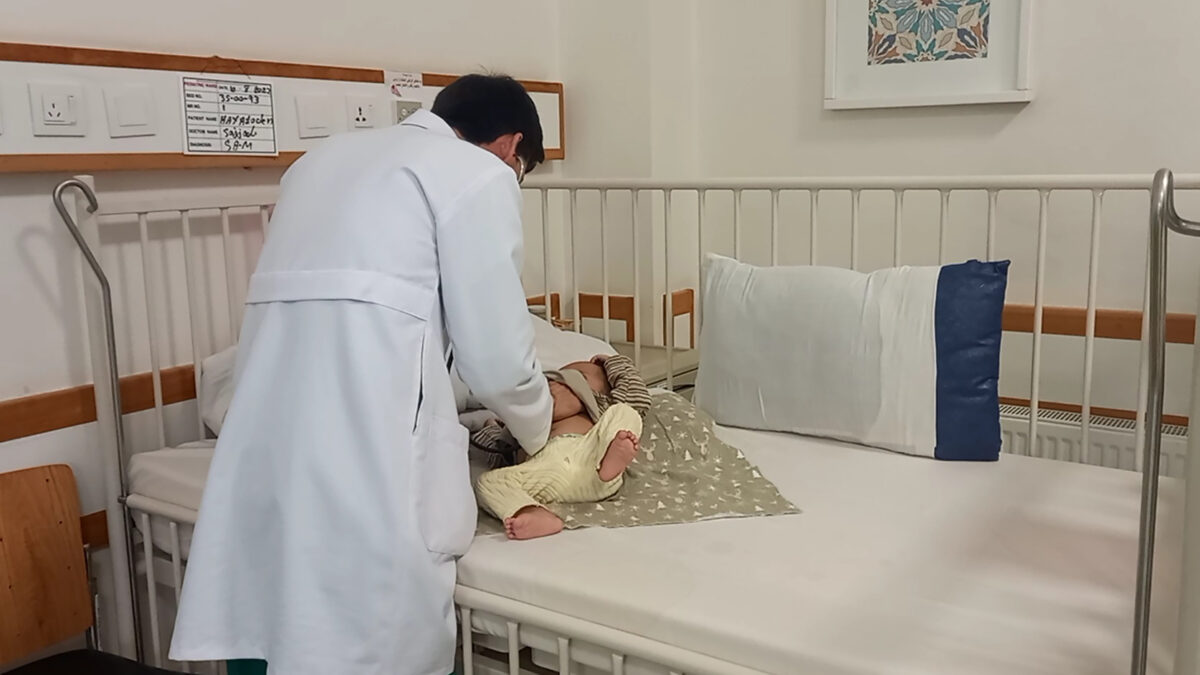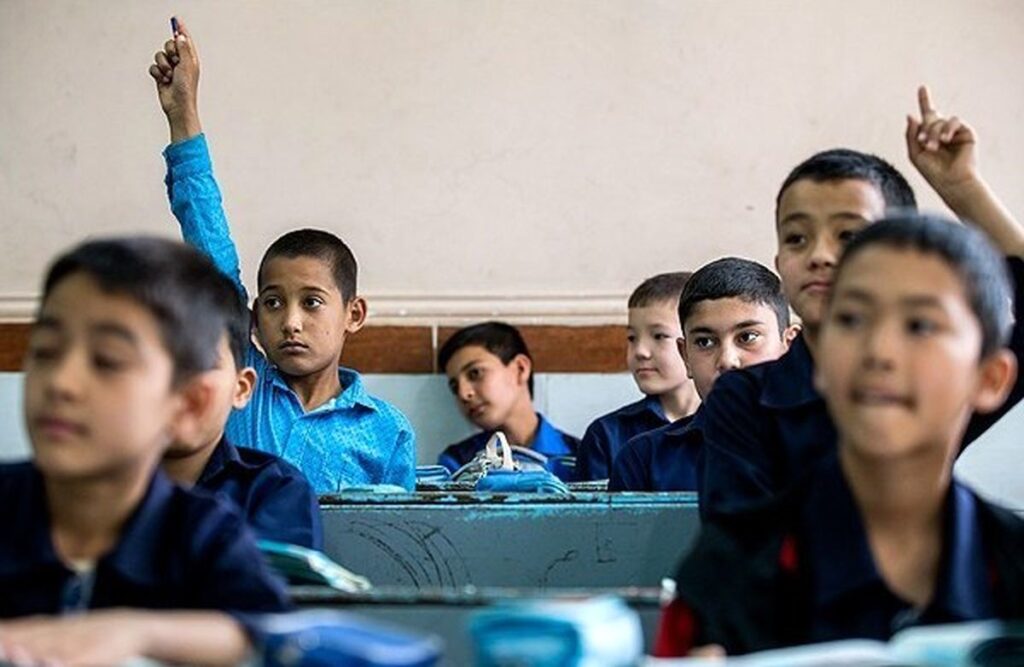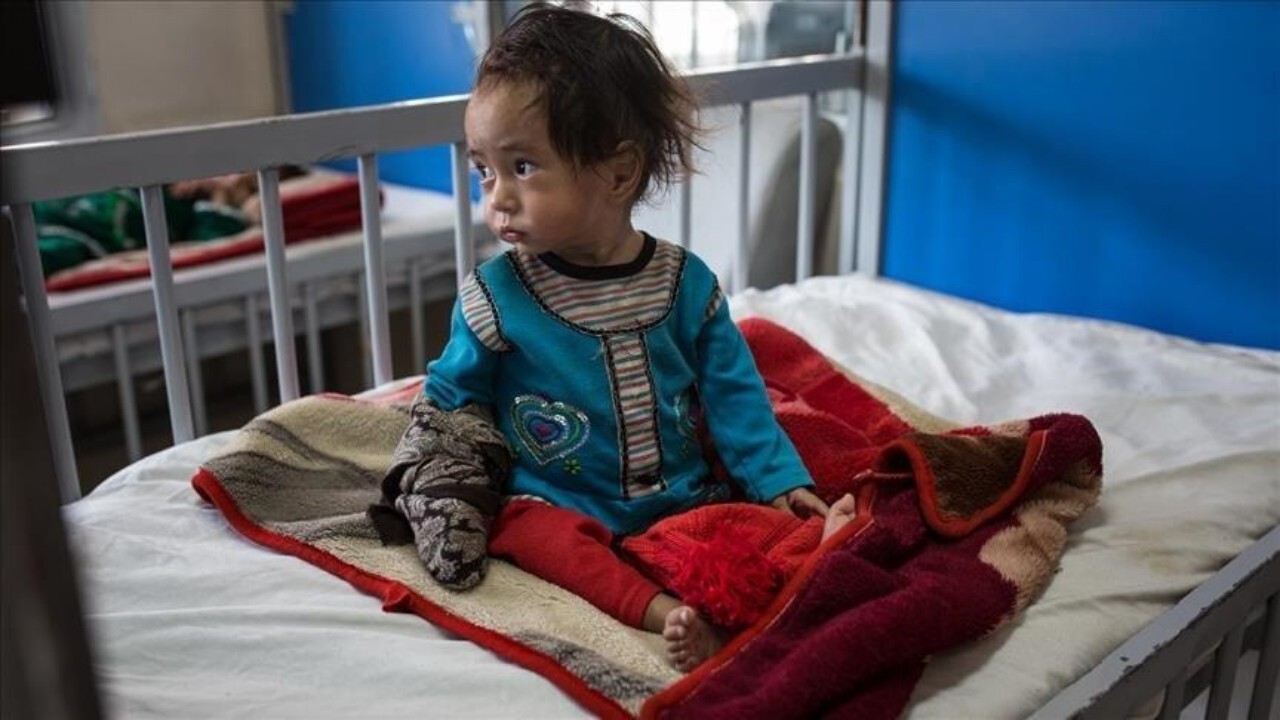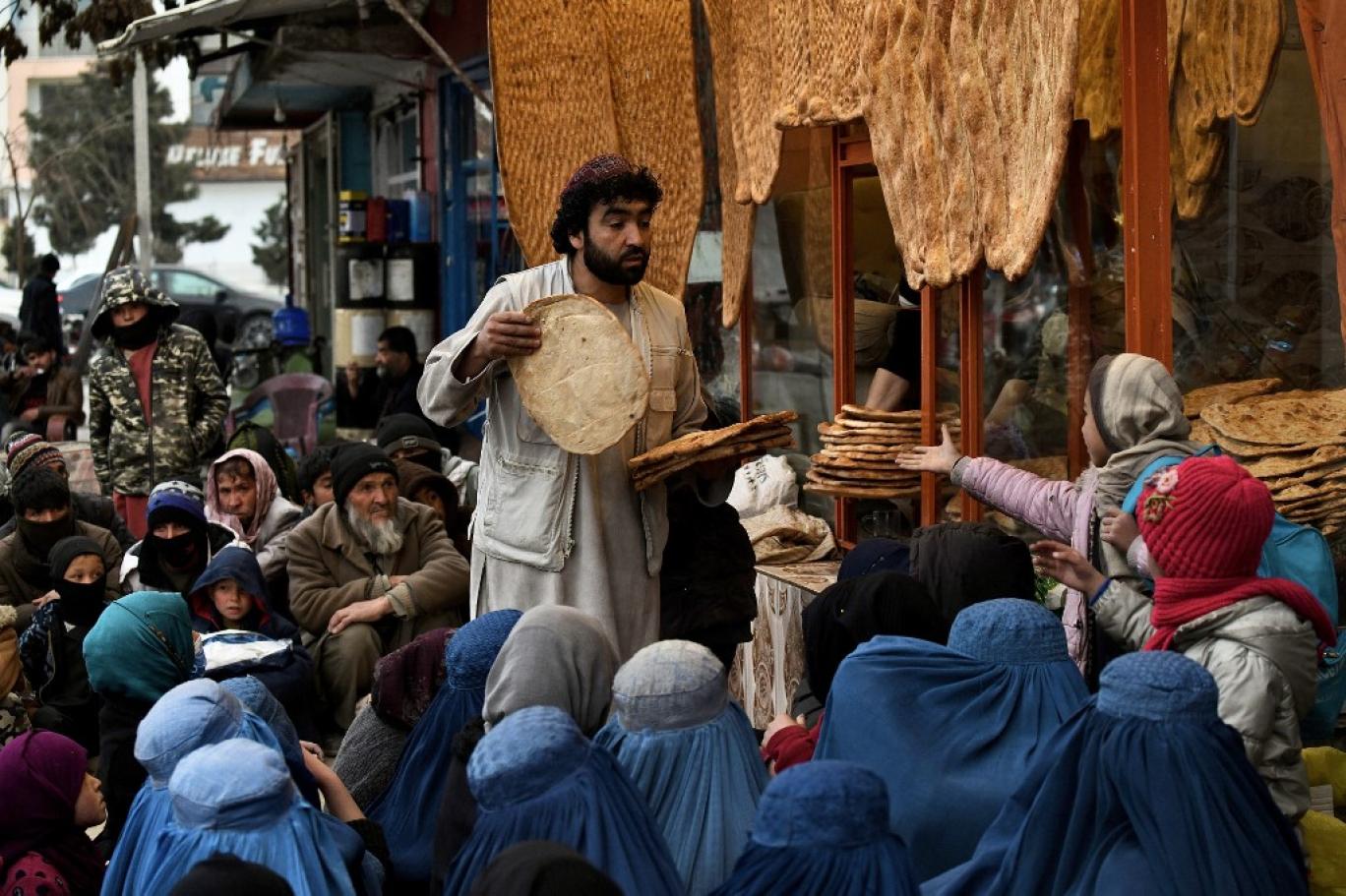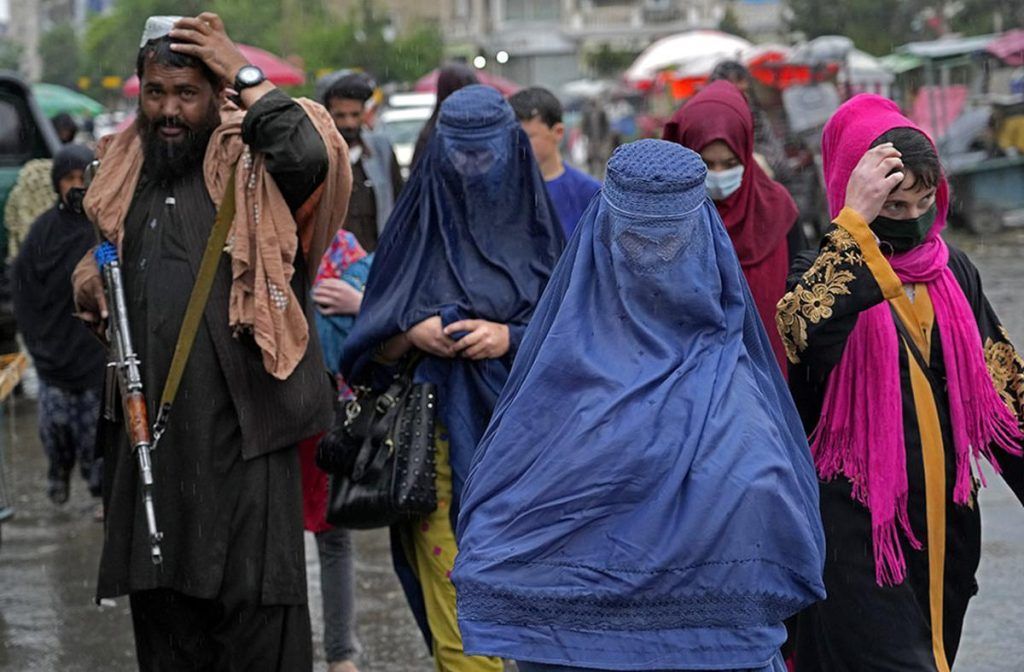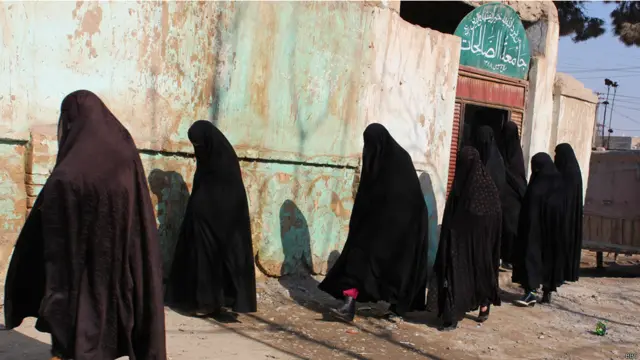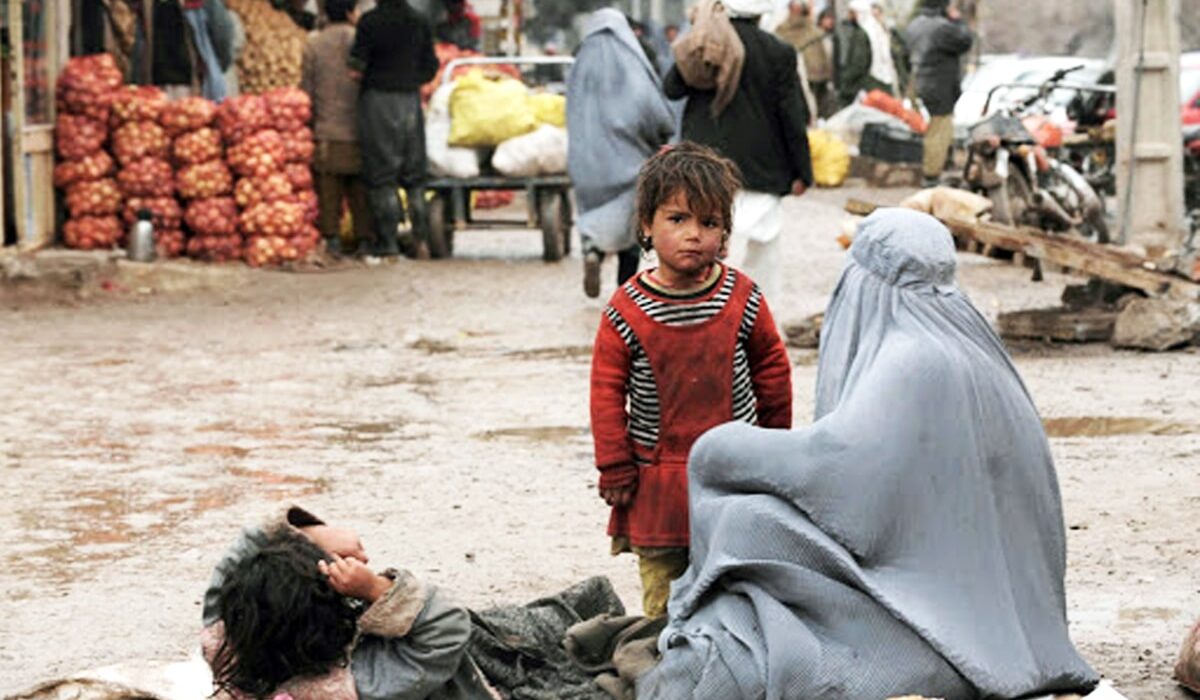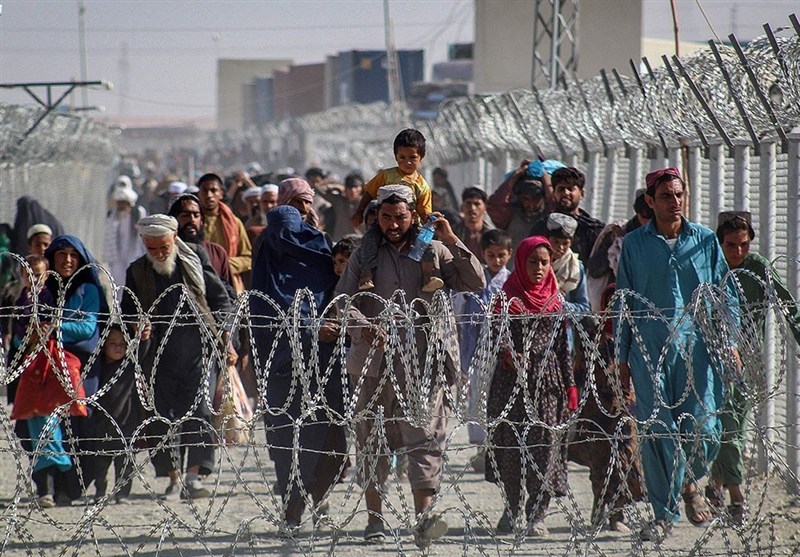
Pakistani media have recently reported that the government of Pakistan will not renew the registration cards of Afghan refugees, known as “PoR” (Proof of Registration), and plans to deport those holding these cards. According to Dawn News, Pakistan’s Ministry of Interior issued a special supervisory directive (SRO) last Thursday, stating that PoR cards expired on June 30 of this year, and the stay of their holders in the country is now considered illegal. The report adds that the directive empowers district administrations, police, prosecutors, prison authorities, and other relevant officials to take necessary steps to detain and repatriate PoR cardholders. It further states that the stay of all Afghan nationals in Pakistan without a valid visa and passport is illegal, and therefore, they must return to their home country. It is worth noting that the Pakistani government has already deported undocumented Afghan citizens, as well as holders of the Afghan Citizen Card (ACC). Although PoR cards expired on June 30, cardholders had hoped that Pakistani authorities would extend their legal stay, as they had done in the past. Meanwhile, Qaiser Khan Afridi, spokesperson for the UN High Commissioner for Refugees (UNHCR) in Pakistan, expressed concern over Islamabad’s decision to deport PoR cardholders. He stated, “We have seen the recent SRO issued by the Ministry of Interior on July 31 regarding the launch of the third phase of the plan to return undocumented foreign nationals, and we are engaging with the relevant authorities to clarify its implications for registered refugees.” He emphasized that the return of refugees should be voluntary, safe, and dignified, in accordance with international principles. The UNHCR also reported that as of June 30, 2025, over 1.3 million Afghan nationals were residing in Pakistan. According to the agency’s report, more than 717,945 were living in Khyber Pakhtunkhwa, 326,584 in Balochistan, 195,188 in Punjab, 75,510 in Sindh, and 43,154 in Islamabad. Following a nationwide refugee census in 2004–2005, the Government of Pakistan, with UNHCR support, issued the Proof of Registration (PoR) cards. In 2016, through an amendment to the Foreigners Act, the Afghan Citizen Card (ACC) was introduced.

